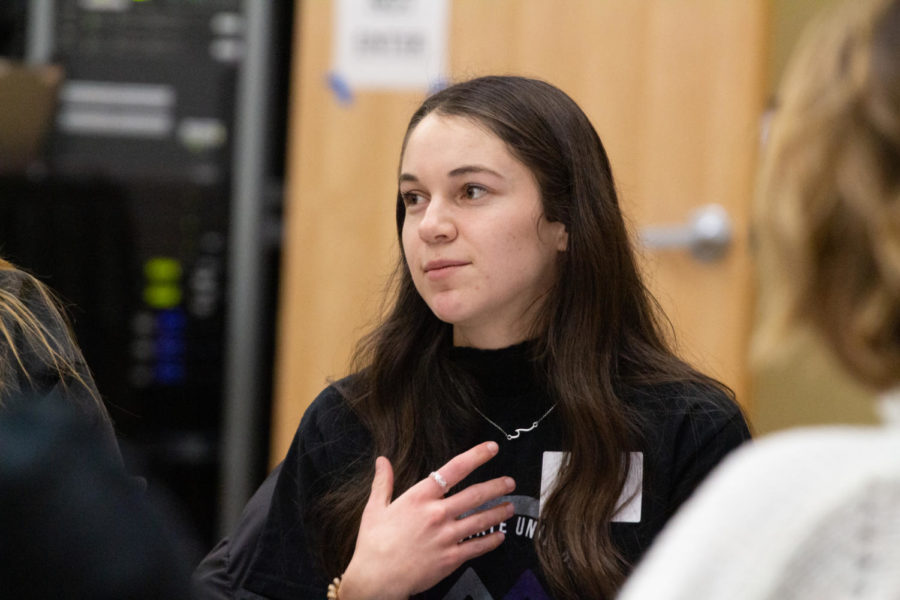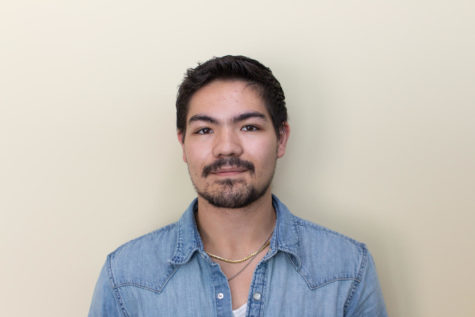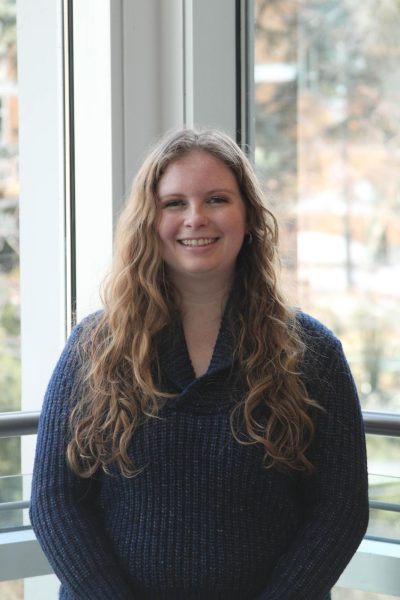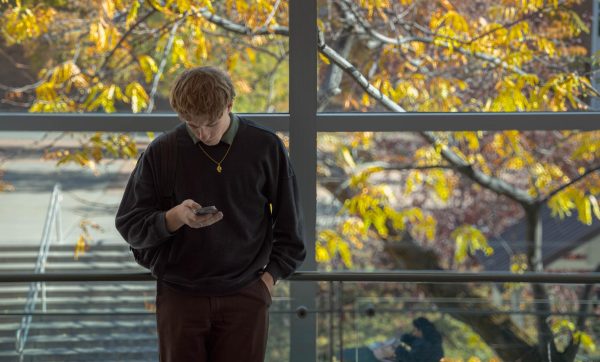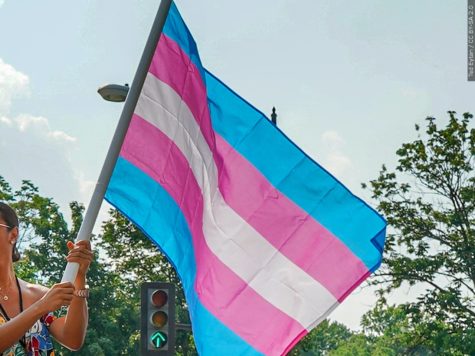Setting up for student success: WSU’s first-year summit
Starting a new semester can be overwhelming for everyone, especially for freshmen who are just starting their college journey.
“It certainly takes a village to support a first-year student,” Eric Amsel, Weber State University’s associate provost for academic programs and assessment, said.
Amsel, the organizer of the first-year summit event that took place in the Shepherd Union ballroom on Jan. 20, explained how the purpose of the summit was to connect different academic departments on campus with each other so they can better guide first-year students to resources to help them succeed in their academic careers at WSU.
“This was an attempt to bring together three key concepts and have everyone who works with first-year students talk about what they do and get feedback from everyone else,” Amsel said.
The three concepts that Amsel is referring to are momentum, engagement and belonging, three factors that Amsel said greatly strengthen a first-year student’s likelihood to succeed in their first year, which in turn bolsters WSU’s student retention rate.
Momentum, as described by Amsel, refers to the ability of WSU faculty to help guide first-year students in starting their academic careers off on the right foot. Amsel said students who complete their math and English requirements in their first year are more likely to complete their degree within six years compared to those who don’t.
Engagement and belonging refer to the ease of which first-year students find like-minded peers and groups that will help increase the level of enjoyment students take from their new campus life.
WSU is seeking to connect incoming students with groups, such as clubs and student organizations, that will help them feel comfortable, included and represented.
“With us wanting to be a Hispanic-serving institution, inclusion becomes very, very critical,” Ravi Krovi, provost and vice president of academic affairs at WSU, said.
Krovi hopes that WSU faculty will be able to recognize the needs and situations of individual students, such as whether a student is dealing with academic or financial difficulties, and help them before those circumstances can inhibit their success.
“It’s also about figuring out the systems and processes and procedures so that we can respond to students in a timely way,” Krovi said.
One of the most significant takeaways from the event was the faculty’s commitment to improve their ability to serve the unique needs of each student. Improved communication between departments and implementation of new infrastructure will improve faculty members’ ability to access relevant information about the students they’re helping so they can help each student to the fullest extent.
“Students may not register for their next semester for a variety of reasons,” Krovi said. “Finding out what’s causing that and helping them get to the next point is very, very important.”


